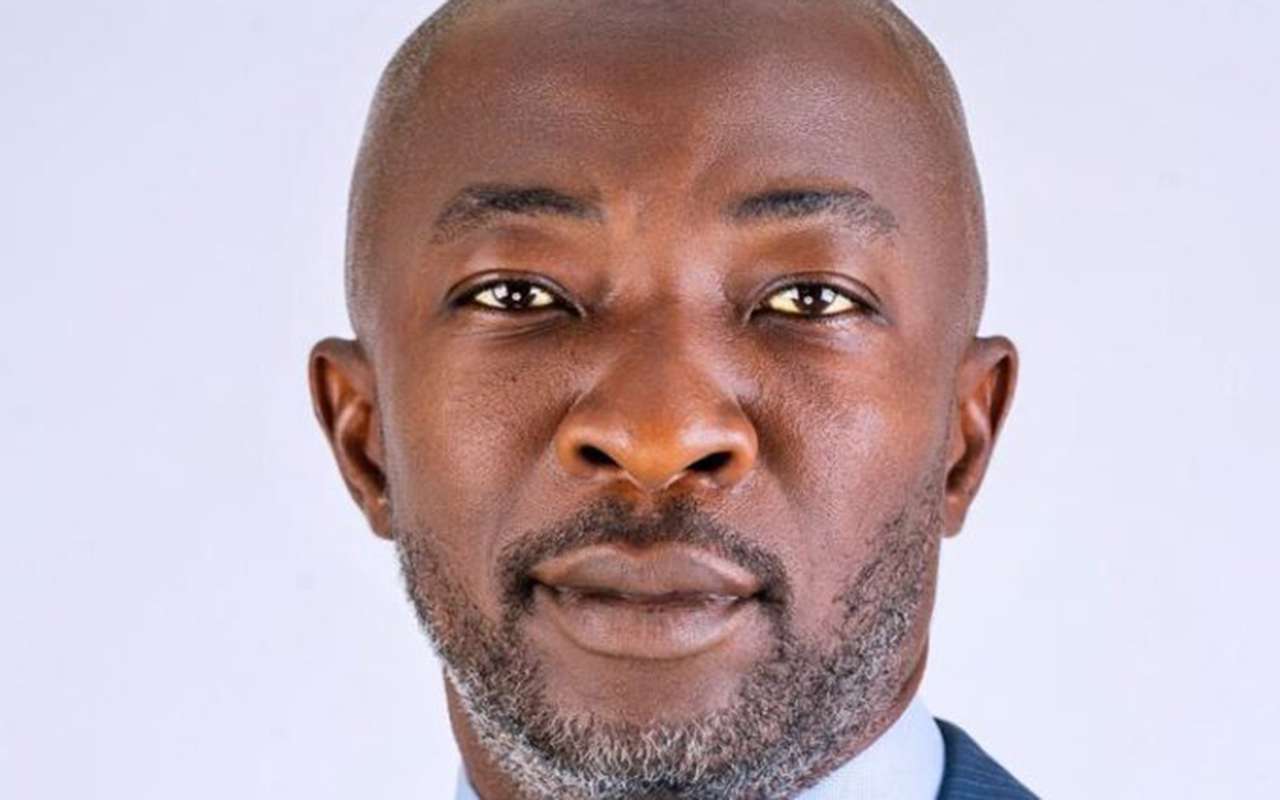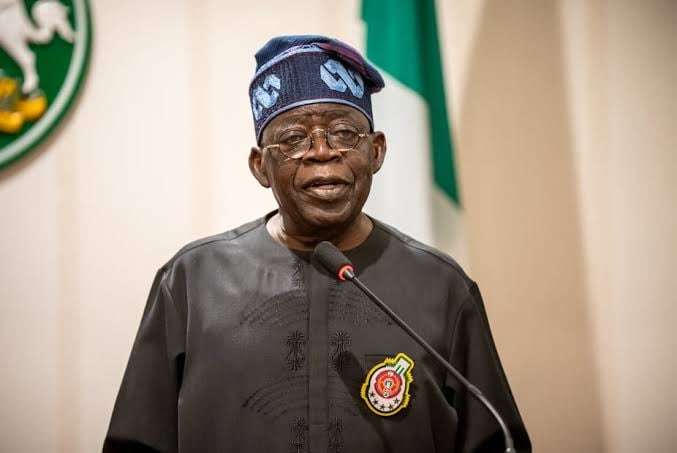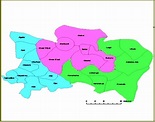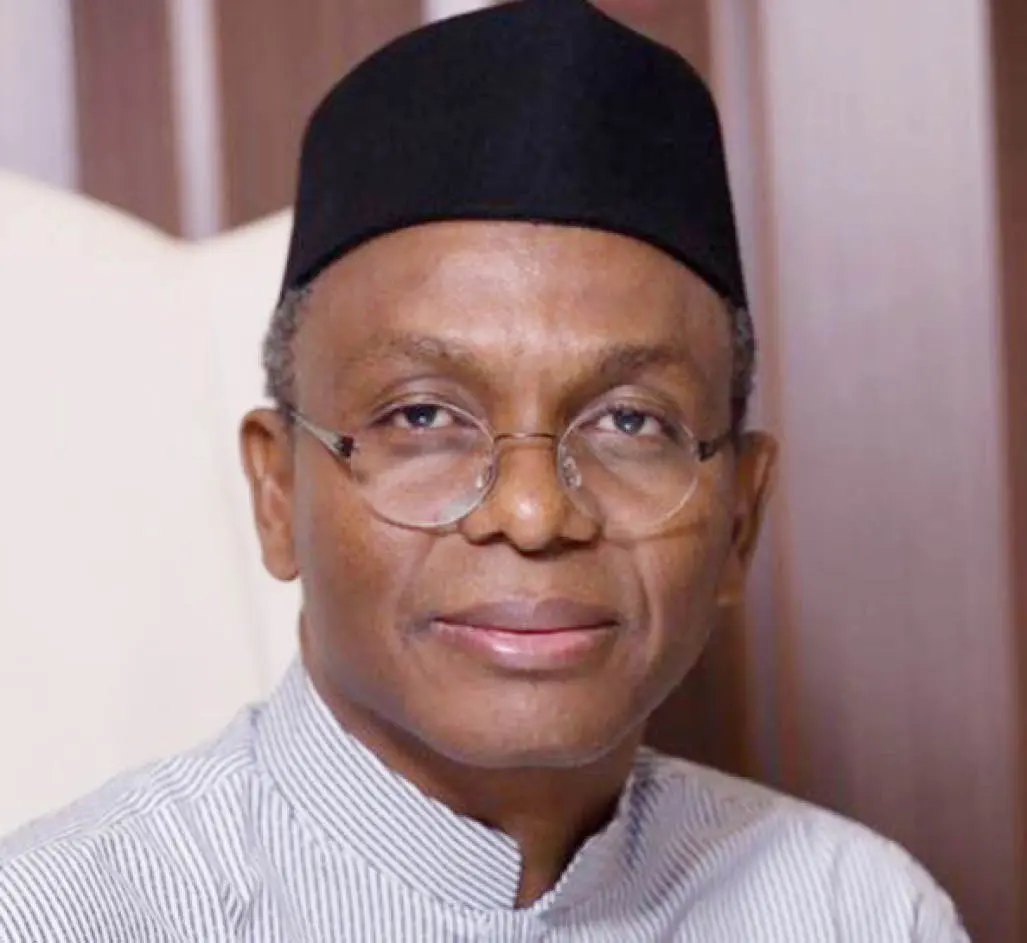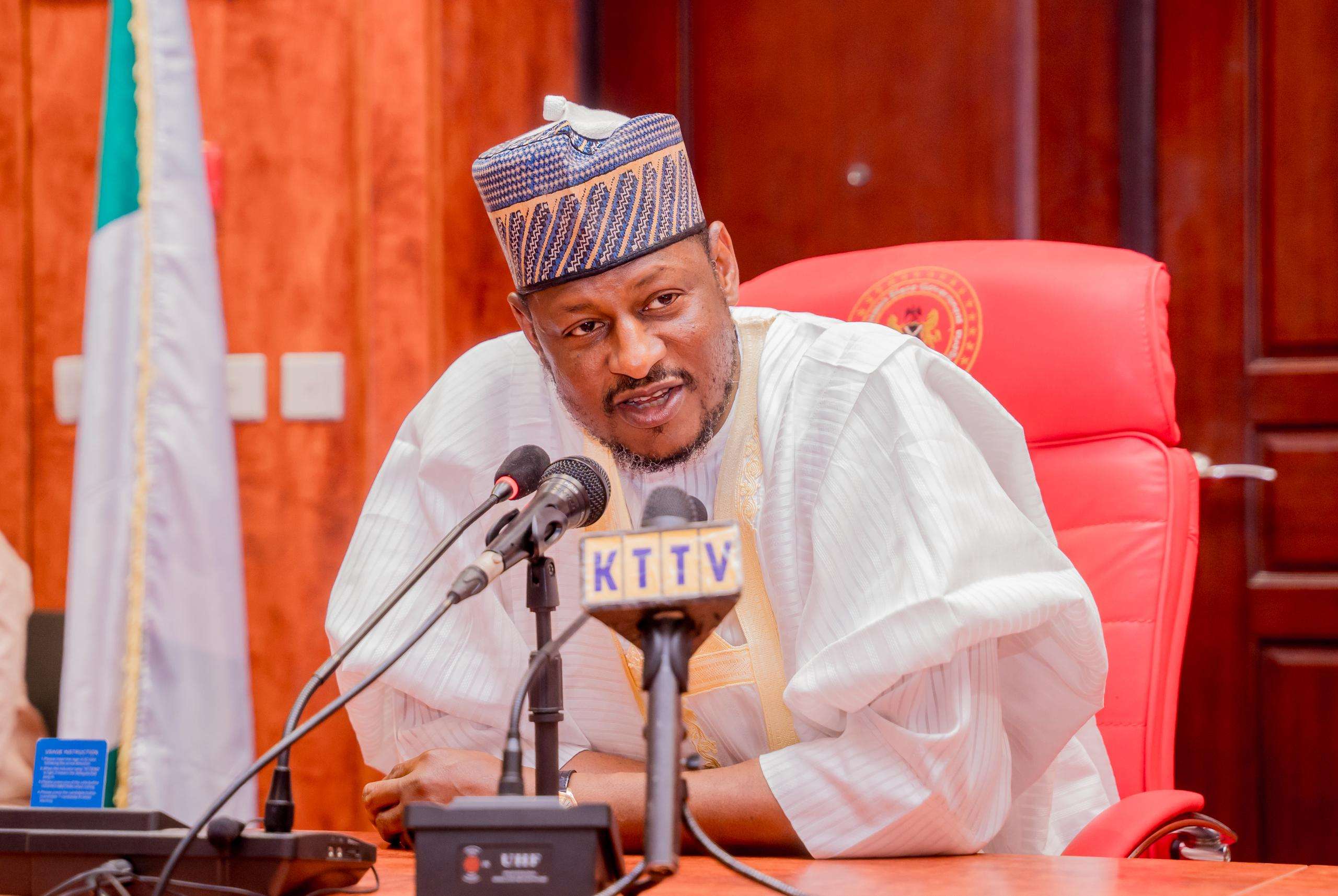By Emman Usman Shehu
In the bustling chambers of Nigeria’s National Assembly, where the pulse of the nation’s democracy is supposed to be on display, a single figure has come to embody a far larger struggle. Natasha H. Akpoti, a lawyer, activist, and senator, recently returned to her seat after a controversial suspension, her presence a lightning rod for a question that cuts to the core of Nigeria’s soul: Can a nation of such boundless potential finally rise above the shadow of political spectacle and embrace the rule of law? Her saga is not just a personal battle; it is a mirror reflecting the cracks in Nigeria’s institutional foundation—and a clarion call for accountability that could redefine the country’s future.
Akpoti’s reappearance was more than a procedural footnote. It was a moment freighted with meaning, a reminder of the unresolved questions surrounding her suspension—allegedly tied to her outspoken critiques of governance failures—and the murky process that allowed her return. The details of her case, cloaked in legal ambiguity and political maneuvering, are less important than what they reveal: Nigeria’s democracy is at a crossroads. The nation, Africa’s most populous and a beacon of aspiration across the continent, is grappling with a fundamental tension. Will it uphold the sober principles of due process, or will it succumb to the intoxicating pull of political theater?
Akpoti’s story is a microcosm of a broader malaise. In Nigeria, where the promise of democracy has long been tempered by the realities of power, the National Assembly is not just a legislative body; it is a stage where the nation’s values are tested. When a senator can be suspended without clear justification, only to return under equally opaque circumstances, it exposes a troubling truth: the rules governing Nigeria’s democracy are too often flexible, subject to the whims of those in power. This is not merely a procedural hiccup; it is a betrayal of the social contract that binds a government to its people.

The Nigerian public, weary from decades of dashed hopes, is watching closely. They see in Akpoti’s ordeal a reflection of their own struggles—against systems that seem designed to favor the powerful, against institutions that bend under political pressure, against a culture that too often mistakes dissent for disloyalty. Her return is a chance to confront these challenges head-on, to demand a democracy where justice is not a privilege but a right.
The National Assembly is more than a collection of lawmakers; it is the beating heart of Nigeria’s democratic experiment. Its legitimacy hinges on its ability to embody transparent, predictable processes. Yet Akpoti’s case reveals a legislature adrift, caught between its constitutional mandate and the temptations of partisan gamesmanship. The lack of clear timelines for resolving her suspension, the absence of independent oversight, and the reliance on vague procedural norms all point to a deeper institutional malaise.
Consider the broader implications. When a lawmaker’s right to represent is left in limbo—a kind of political purgatory—it undermines the very foundation of representative democracy. The Nigerian Constitution, a document forged in the crucible of the nation’s tumultuous history, demands due process as a non-negotiable principle. Yet the handling of Akpoti’s case suggests that this principle is too often treated as optional, a suggestion to be ignored when political expediency demands it.
This is not an abstract concern. The National Assembly’s credibility shapes public trust in governance itself. When Nigerians see their elected representatives sidelined without clear justification, they lose faith not only in the legislature but in the entire democratic project. The ripple effects are profound: a disillusioned populace, a weakened social contract, and a democracy that feels more like a performance than a system of governance.
Perhaps the most insidious aspect of Akpoti’s saga is the language that surrounds it. In Nigeria, political disagreement is too often met with a barrage of invective—accusations of disloyalty, threats of sanction, or the chilling label of “anti-Nigerian.” Akpoti, known for her fierce critiques of corruption and mismanagement, has faced this weaponized rhetoric firsthand. Her suspension was framed not as a procedural matter but as a moral failing, a betrayal of national unity. This tactic is as old as politics itself, but in Nigeria, it carries a particularly toxic weight.
The reflex to silence dissent with aggressive rhetoric is not just a personal attack on figures like Akpoti; it is an assault on the democratic spirit. When legitimate critique is branded as treason, the space for robust debate shrinks. Lawmakers, journalists, and ordinary citizens begin to self-censor, fearing retribution. The result is a chilling effect that stifles the very discourse Nigeria needs to confront its challenges—whether it’s the crippling fuel shortages, the rampant insecurity in the north, or the economic stagnation that keeps millions in poverty.
This culture of intimidation has consequences beyond Nigeria’s borders. The global community, from investors to diplomats, watches closely. They see a nation where political disputes are resolved not through law but through power plays, where dissent is punished rather than protected. For a country desperate to attract foreign investment to fuel its growth, this is a self-inflicted wound. Investors don’t just seek profit; they seek stability. A legislature that can arbitrarily suspend a senator signals a system where contracts, property rights, and judicial rulings are equally vulnerable. Nigeria’s aspirations to be a global economic powerhouse—envisioned in its ambitious Vision 2030 plan—depend on a governance framework that inspires confidence, not chaos.
Nigeria’s struggles are not unique, but its position as Africa’s largest economy and a cultural juggernaut amplifies their significance. The world is watching, not as a passive observer but as a stakeholder in Nigeria’s success. From the boardrooms of London to the tech hubs of Silicon Valley, the question is the same: Can Nigeria deliver the predictable, law-based governance that modern economies require?
The Akpoti saga offers a chance to answer that question affirmatively. By resolving her case through transparent, lawful processes, Nigeria can send a powerful message: that it is a nation governed by rules, not rulers. This requires more than a single judicial ruling. It demands systemic reform—clear timelines for investigations, independent oversight of legislative discipline, and robust protections for dissenters. These are not radical proposals; they are the basic building blocks of a functioning democracy.
Take, for example, the case of South Africa’s Parliament, which, despite its own controversies, has established clear disciplinary procedures overseen by an independent ethics committee. Nigeria could adopt a similar model, ensuring that suspensions and recalls are not tools of political vengeance but mechanisms of accountability. Such reforms would not only strengthen the National Assembly but also restore public faith in a system that too often feels distant and unaccountable.
Nigeria has long been a land of spectacle—vibrant, chaotic, and endlessly compelling. From the colorful pageantry of its cultural festivals to the fiery rhetoric of its political campaigns, the nation knows how to capture attention. But spectacle is not governance. The drama of Akpoti’s suspension and return, the heated debates on social media, the impassioned editorials—all are distractions from the hard work of building a just democracy.
The substance lies in the details: a legislature that operates with transparency, a judiciary that upholds the law without fear or favor, a political class that sees accountability as a strength, not a threat. These are not lofty ideals; they are practical necessities. Nigeria cannot afford to let moments of crisis, like Akpoti’s, dissolve into noise. They must be catalysts for change.
The Nigerian public, resilient in the face of decades of disappointment, has a role to play. They must demand more than rhetoric from their leaders. They must insist on clear procedures, published standards, and accountability for those who wield power. Civil society, from grassroots activists to the vibrant Nigerian press, can amplify this demand, holding institutions to account. And the international community, from the African Union to global investors, can support Nigeria’s journey by rewarding progress with partnership and investment.
Natasha Akpoti’s tense return to the National Assembly is not the end of a story but the beginning of a reckoning. It is a chance for Nigeria to confront its institutional weaknesses and chart a new course. The path forward is clear:
For Institutions: Commit to independence and transparency. Publish clear, enforceable procedures for suspensions and recalls. Ensure judicial rulings are timely and grounded in constitutional principles.
For the Political Class: Embrace accountability as a cornerstone of leadership. Defend the right to dissent, even when it challenges your allies. Recognize that a strong democracy is built on debate, not conformity.
For Nigerians: Stay vigilant. Demand transparency and fairness. Defend dissent as patriotism, not betrayal. Use your voices—on the streets, in the media, at the ballot box—to shape a democracy worthy of Nigeria’s promise.
This moment is a crucible. Nigeria can choose the easy path of spectacle, where crises flare and fade without lasting change. Or it can choose the harder path of substance, where accountability and justice become the foundation of a new national identity. Natasha Akpoti’s saga is a reminder that democracy is not a gift; it is a responsibility. Nigeria, with its boundless energy and unbreakable spirit, has the chance to rise above injustice and build a future where the rule of law is not a slogan but a reality. The world is watching. The time to act is now.
Dr Shehu is an Abuja-based writer, activist and educator.
